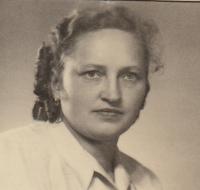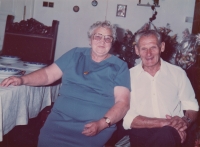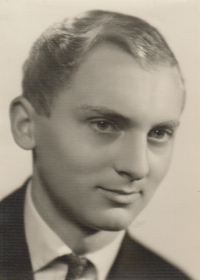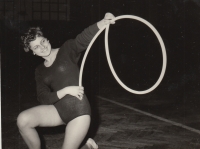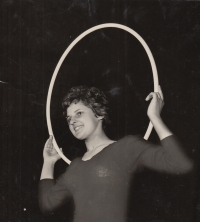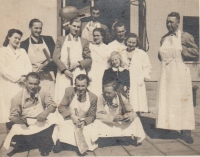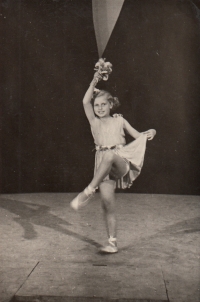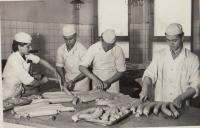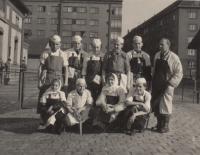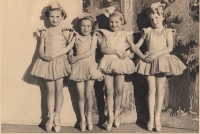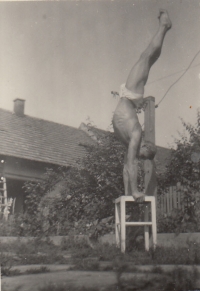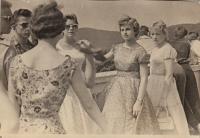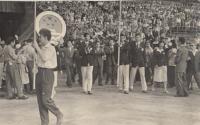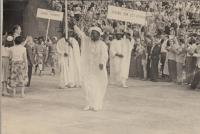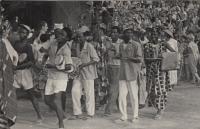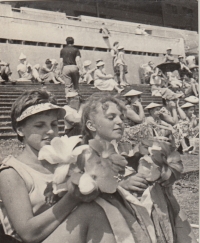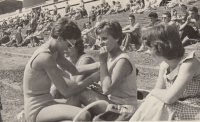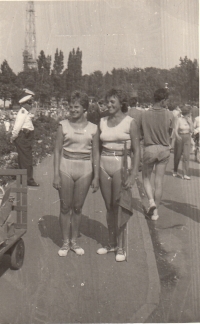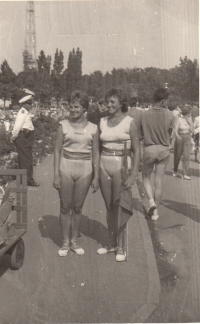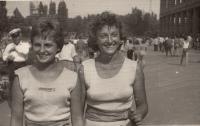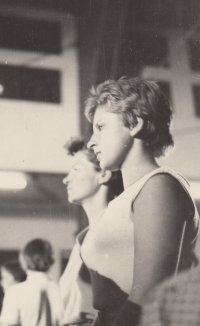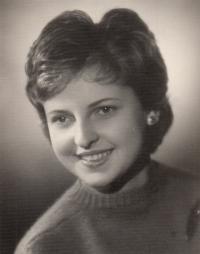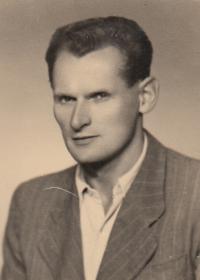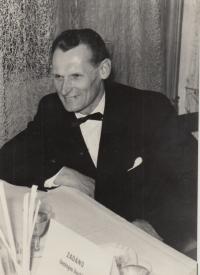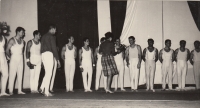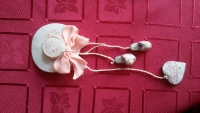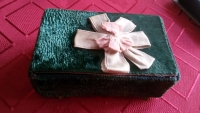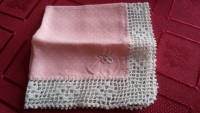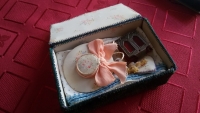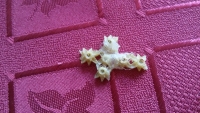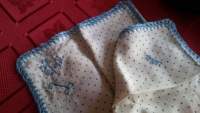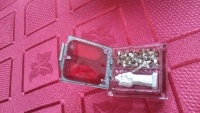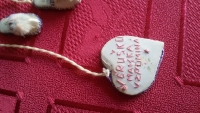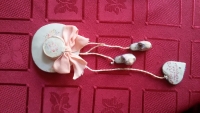For two and half years he was hiding in the courtyard of a concrete cell

Stáhnout obrázek
Věra Zachařová, née Salačová, was born on 8th December, 1942 in Prague to Josef and Emily. The family lived in Kostelec nad Labem, where his father operated the butchers. He was an active member of the Sokol sports association and a representative in gymnastics. In December 1942 he and his wife were arrested based on a denunciation by the Gestapo for doing a secret slaughter. Illegal meat was meant for the resistance fighters and their families. Emily, who gave birth only five days ago, was released by the gestapo, but was sent to a labour camp in half a year. Only six months old Věra was chosen for adoption for her Arian looks in a German family, which didn‘t happen due to family friends‘ intervention and went to her granny to Činěves. Josef Salač, who was sentenced to death penalty, managed to escape using a loading truck that took him out of the prison workplace. For two and a half years he was hiding in Jiřice near the Chalupa family in a tight cell in the courtyard. After war the whole family reunited again. Following February 1948 the communists confiscated the firm from the Salač family; still Josef Salač joined the communist party out of idealism. Epiphany came only when he saw how the communists treated his machines. Věra Zachařová could not study at the secondary school, and finally she was accepted to the industrial school of meat technology, which became a shelter for the former entrepreneur‘s children. Following further distance study she worked as a health laboratory. All her life she devoted to Sokol and modern gymnastics, which she did even professionally in her youth.
